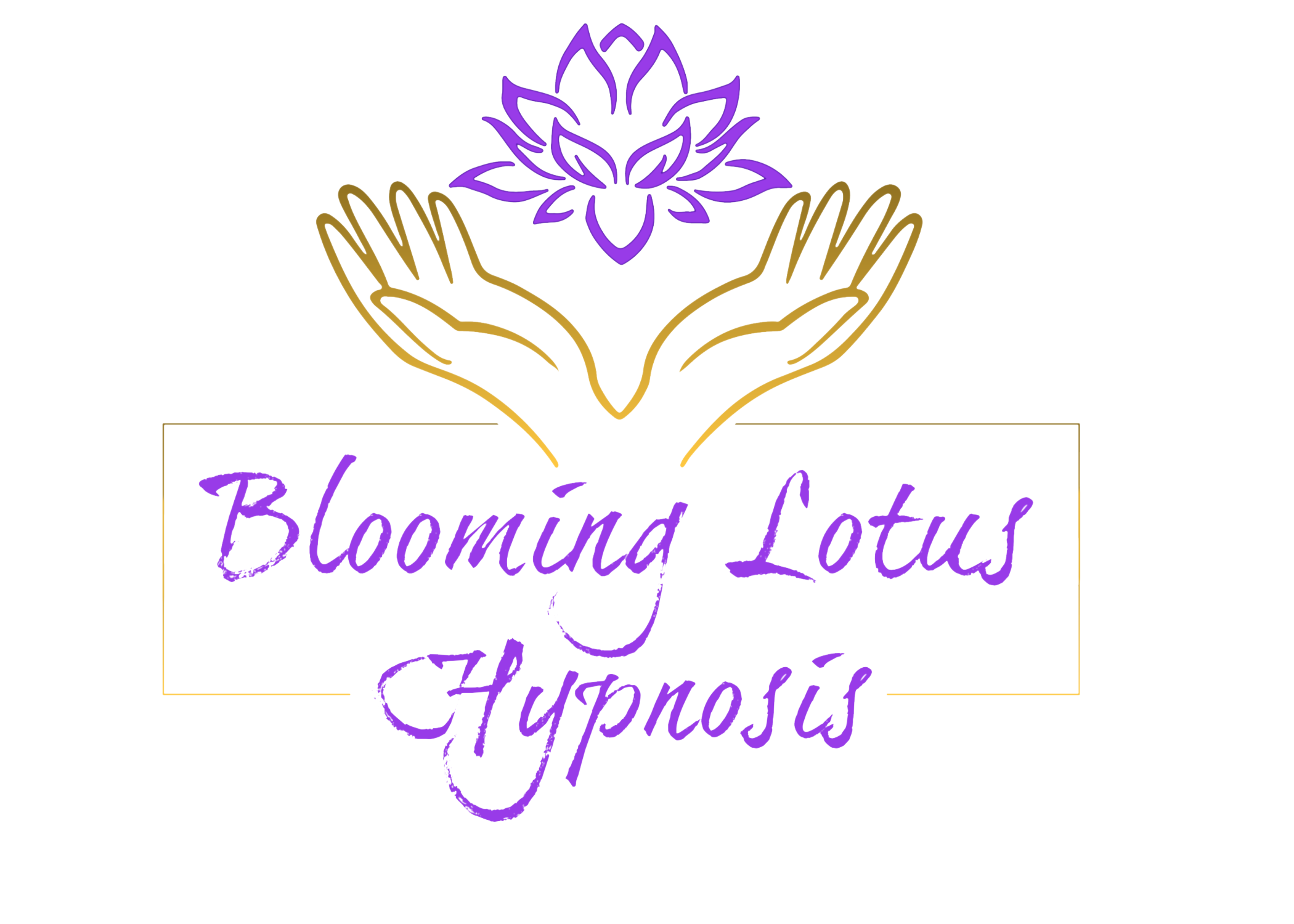The Effectiveness of Hypnotherapy
Living in this age of technology and progress, we see new medical developments hit the ‘market’ all the time. From 3D printing organs to newly developed vaccines to super intuitive prosthetics, it seems like there’s always a big breakthrough happening when it comes to ways to take care of our health. Hypnotherapy is not a new concept by any means and has actually been documented as a practice since the mid-1800s. It is currently going through a resurgence, though, and that’s raised a lot of really good questions about the practice for people considering it as an option for themselves or loved ones. One of the most common questions we hear is, “Will it work for me?” The answer to that is subjective and depends on several factors, so keep reading for a quick breakdown of what all goes into the equation.
Statistically speaking, hypnotherapy is generally quoted to be about 93% effective after an average of 6 sessions. This is compared to a 72% effectiveness of behavioral therapy after an average of 22 sessions, and a 38% effectiveness of psychotherapy after an average of 600 sessions. So in general, yes. Hypnotherapy is effective. Whether or not it will work for you specifically can depend on a few key parts.
In order for hypnosis & hypnotherapy to work for clients, the client needs to be hypnotizable. According to the research, 60-70% of people are moderately hypnotizable, meaning they’d be able to participate in hypnotherapy, and about 10% of people are highly hypnotizable, meaning they’d be able to be hypnotized for things like surgery or childbirth in place of anesthesia. It’s also important for you as the client to feel safe and comfortable so you’ll be able to mentally relax for your sessions. This is why choosing the right hypnotherapist is important! It’s so important we wrote a blog about that too. Once you have the right hypnotherapist and the right mindset, it comes down to what you’re seeking hypnotherapy as a treatment for.
If you’re trying to break an addiction, like smoking, success rates heavily vary in the studies but they are consistently higher with hypnotherapy than standard behavioral or psychotherapy results. Addictions can be very difficult to break even in the best circumstances, so it’s extra important that clients approach their hypnotherapy sessions with an open mind and a ready-to-quit attitude.
If you’re looking into hypnotherapy for weight loss and healthier relationships with food & exercise, you’ll find that there isn’t a solid conclusion about its effectiveness out there. It’s been studied a handful of times, but not enough to have any real numbers to report. That having been said, it’s still regarded as the most effective type of therapy for weight management, and in our personal experience it’s been so successful for our clients Cyndal wrote a whole book about it!
If you’re a client seeking treatment for anxiety, depression, phobias, or PTSD symptoms, studies show that hypnotherapy is about 84% effective at treating mental health conditions. Hypnosis can not only help create healthier coping mechanisms for triggers, it can even help to rewire the parts of the brain effected by trauma to eliminate trigger responses altogether.
Hypnotherapy has also been found to be notably effective for patients who suffer from IBS. While it’s not a cure-all for the condition, it’s been reported to provide relief from the symptoms of IBS and an overall lessening of the severity of it in almost 80% of clients.
The most important part of hypnotherapy is you! Your mindset and willingness to fully participate in the process will make all the difference in how effective it can be for you. If you’re ready to give it a shot and think we might be a good fit for your needs, reach out for a consult on our website! We’d love to help you change your life!
